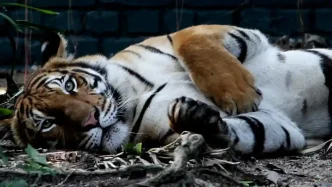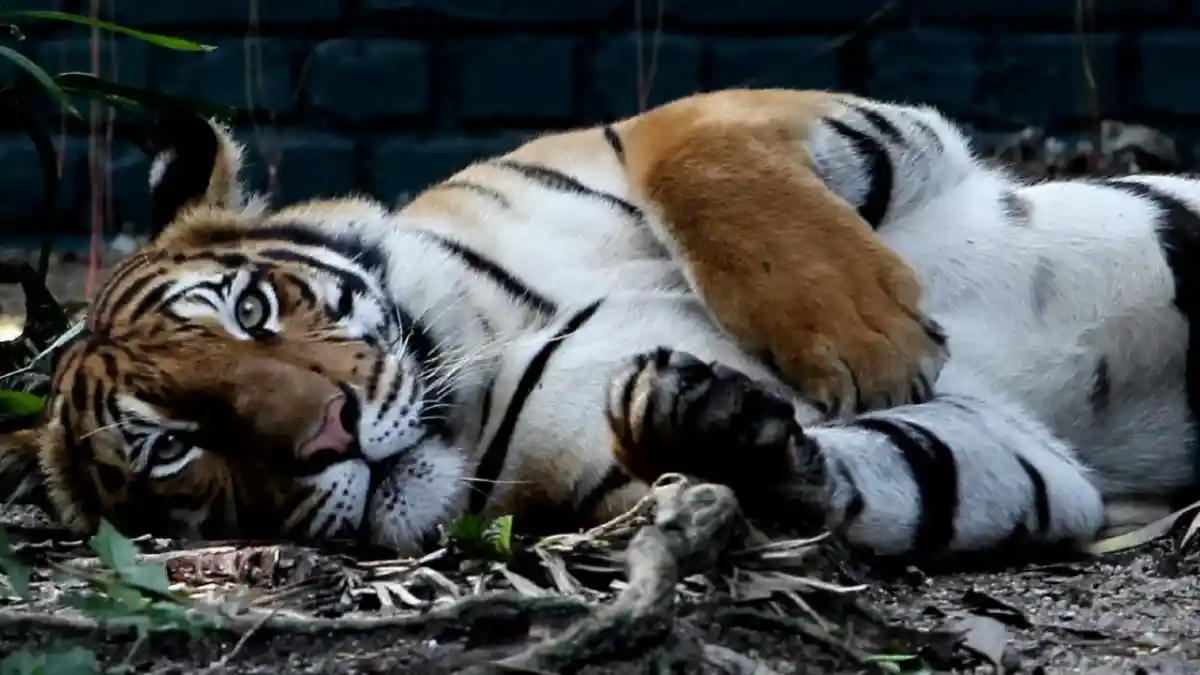In the heart of Malaysia’s Perak forests, a quiet revolution is taking root. The Orang Asli, Indigenous communities who have lived in harmony with these jungles for generations, are stepping up as the frontline defenders of the critically endangered Malayan tiger. With the support of the Tiger Protection Society of Malaysia (Rimau), their efforts are gaining momentum, blending ancestral knowledge with modern conservation techniques to protect a national icon on the brink of extinction.
Empowering Indigenous Rangers
Since its inception in 2018, Rimau has been dedicated to empowering the Orang Asli in Perak, training them to become skilled patrollers of their ancestral lands. These forests, including the Amanjaya, Korbu, and Piah reserves, are vital habitats for the Malayan tiger, a species whose numbers have dwindled to fewer than 200 due to poaching, habitat loss, and human-wildlife conflict. Rimau’s president, Lara Ariffin, has been instrumental in expanding these conservation efforts, particularly since November 2024.
“We have increased the number of trained Indigenous rangers … allowing for wider patrol coverage and quicker response to poaching threats” Ariffin said in a recent interview. She highlighted how partnerships have enabled the acquisition of advanced field equipment, including GPS units, camera traps, and communication tools, enhancing both data collection and ranger safety.
The training curriculum for patrollers has also evolved, incorporating new modules such as SMART monitoring—a technology-driven approach to tracking wildlife and threats—alongside bushcraft, first aid, and navigation skills. These tools equip the rangers to monitor vast swathes of forest more effectively, ensuring that illegal activities are detected and reported swiftly.
Building a Legacy of Stewardship
Beyond immediate conservation, Rimau is investing in the future through its Menraq Muda youth programs. These initiatives aim to instill a sense of stewardship in the next generation of Orang Asli through hands-on learning experiences. By engaging young people in the mission to protect their forests, Rimau hopes to create a lasting cultural commitment to conservation.
Additionally, Rimau has trained four young women from the Jahai community to serve as preschool teachers at Rumah Baca, a community learning center. Their role is to nurture the youngest members of the community, fostering an early connection to the forest and the importance of safeguarding its wildlife. Ariffin sees this as a vital step in ensuring that the mantle of guardianship is passed down through generations.
Looking ahead, Rimau plans to extend its patrols to the Bintang Hijau forest reserve by 2026, with the ambitious goal of treating all forests in Perak as a single, interconnected landscape. However, challenges remain. Ariffin noted that the organization has yet to achieve the optimal ratio of 10 patrollers per 100 square kilometers, a benchmark deemed essential for effective monitoring and anti-poaching efforts.
Setbacks and Successes
The road to saving the Malayan tiger is fraught with obstacles. Rimau has faced heartbreaking setbacks, including the death of a female tiger they had tracked for over two years on the East-West Highway, a stark reminder of the dangers posed by infrastructure and human encroachment. Additionally, a decline in wild boar populations—key prey for tigers—due to African swine fever has further strained the ecosystem, making survival even harder for the big cats.
Yet, there are glimmers of hope. Last November, Rimau’s efforts received a significant boost when they won the Star Golden Hearts Award, a prestigious recognition of community-driven initiatives in Malaysia. According to Ariffin, this accolade brought much-needed national attention to their cause, leading to new partnerships, increased sponsorships, and a surge in volunteer interest. “The award affirmed that community-driven conservation can be both effective and inspiring” she said, emphasizing how it has encouraged broader public support for protecting Malaysia’s natural heritage.
A Model for Community Conservation
Rimau’s collaboration with the Orang Asli offers a powerful model for conservation that respects and integrates Indigenous knowledge. By equipping local communities with the tools and training to protect their forests, the organization not only safeguards wildlife but also strengthens cultural ties to the land. This approach stands in contrast to top-down conservation models, instead prioritizing the voices and expertise of those who know the forests best.
As Rimau continues to expand its reach, the fight to save the Malayan tiger remains a race against time. With poaching and habitat destruction still looming large, the dedication of the Orang Asli rangers and their allies offers a beacon of hope. Whether their efforts will be enough to secure a future for Malaysia’s iconic big cat is a question that hangs in the balance, but for now, the guardians of the forest press on with unwavering resolve.
















